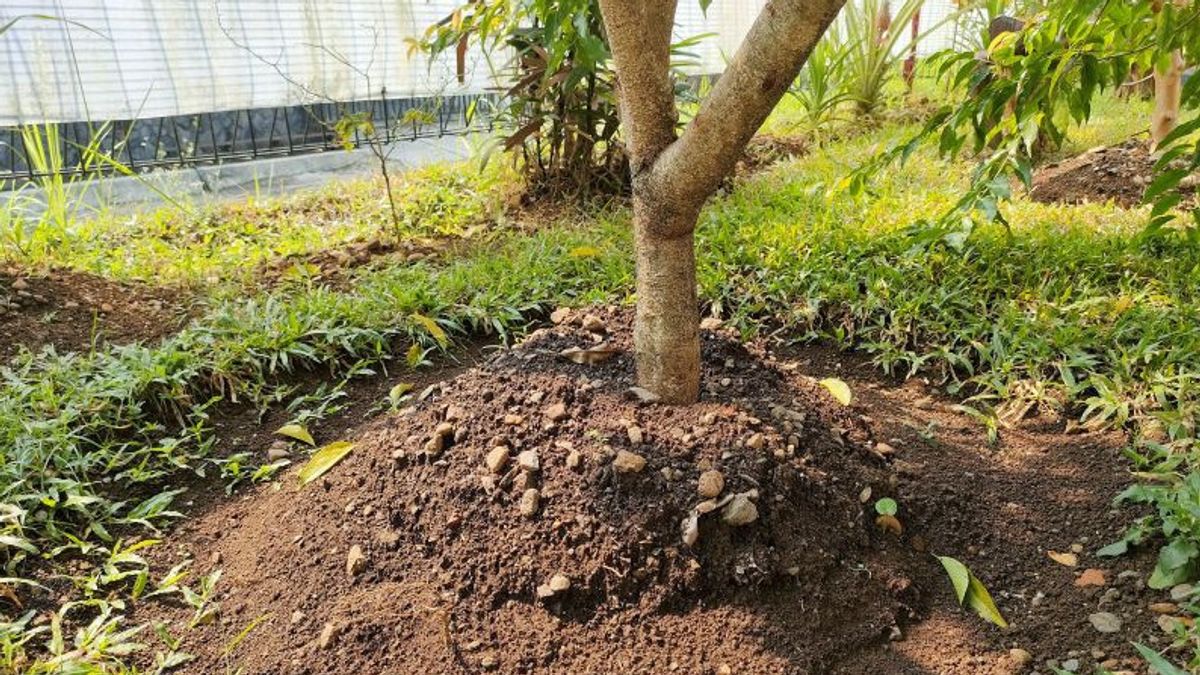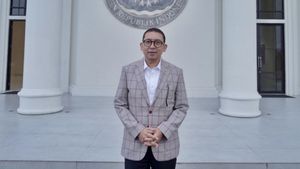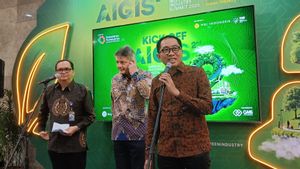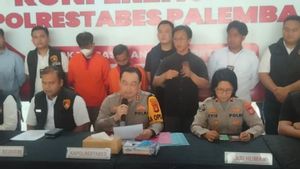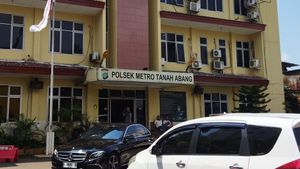BOGOR - Bogor Agricultural Institute (IPB) University provides three recommendations for the process of decomposing hazardous and toxic waste (B3) and pesticides on land, water and agricultural land that can be carried out by all parties in handling environmental pollution.
"The selection of decomposed bacteria, the application of fitoremedian plants and the acceleration of the release of B3 polluters," said IPB Engineering and Environmental Management Expert Professor Mohamad Yani in Bogor City, Monday, August 28, as reported by Antara.
Mohamad Yani explained that the use of microorganisms to reduce pollutants in the environment or soil bioremediation is polluted by B3 waste, persistent organic pollutants (POPs), such as PAHs and pesticides very well through three steps.
This step is the application of bioagmentation techniques through the addition of certain isolate bacteria in a polluted place to unravel hydrocarbon aromatic polycyclic (PAH) and pesticides.
Then the addition of bio-oil Spill scatterant (Bio-OSD) to accelerate the release of B3 polluters from the soil matrix, making it easier for microbes to biodegradate.
Furthermore, the application of fitoremedian plant types such as distance, sorghum, vetiver and paspalum for the development of bioremediation techniques starting from the laboratory scale, pilot and simultaneous application in the field.
SEE ALSO:
This is to overcome waste from industrial development, both from mining, manufacturing, and agriculture activities, producing B3 waste that pollutes the soil, sea, and agricultural land environment.
KLHK data in 2019 stated that around 1.24 million tons of soil was contaminated with B3 waste.
Environmental management polluted B3 waste can indeed be done physically, chemically and biologically. One of the biological ways that is widely developed and applied is bioremediation techniques.
Bioremediation techniques are one of the methods for environmental restoration that is polluted by B3 waste by utilizing microbes.
The English, Chinese, Japanese, Arabic, and French versions are automatically generated by the AI. So there may still be inaccuracies in translating, please always see Indonesian as our main language. (system supported by DigitalSiber.id)
